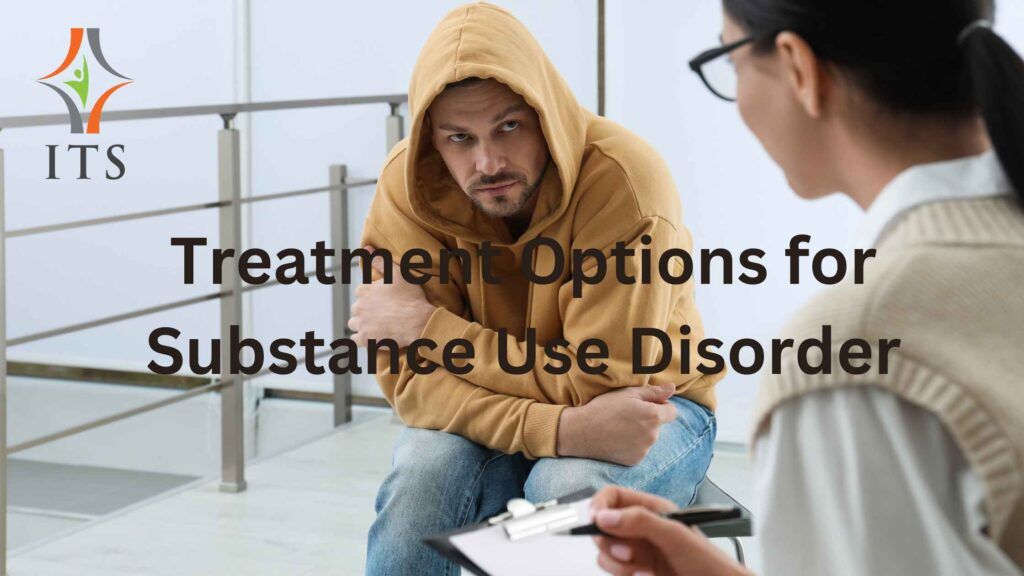Substance use disorders are complex conditions that impact many aspects of an individual’s life. As such, effective treatment requires a comprehensive, multi-faceted approach. This post aims to provide an overview of the various treatment options for substance use disorder, emphasizing our organization’s commitment to providing professional, compassionate, and evidence-based care.

Understanding Substance Use Disorder Treatment
The ultimate goal of substance use disorder treatment is to help individuals achieve and maintain sobriety, improve their health, and enhance their overall quality of life. The most effective treatments often combine several methods, tailored to an individual’s unique needs and circumstances.
Medical Detoxification
Medical detoxification is often the first step in treating substance use disorder. It involves medically supervised withdrawal from the substance, managing symptoms to ensure safety and comfort.
Behavioral Therapies
Behavioral therapies aim to change harmful behaviors related to substance use, improve life skills, and promote healthier interpersonal relationships. Examples include:
- Cognitive-Behavioral Therapy (CBT): Helps individuals identify and change destructive thought patterns that lead to substance use.
- Motivational Interviewing: Increases motivation to change behavior and engage in treatment.
- Contingency Management: Provides tangible rewards to encourage positive behaviors like sobriety.
Medication-Assisted Treatment (MAT)
MAT combines behavioral therapy and medications to treat substance use disorders, particularly opioid, alcohol, and nicotine addiction. It can reduce cravings and withdrawal symptoms, promoting sustained recovery.
Support Groups
Support groups provide a community for individuals recovering from substance use disorders. They offer peer support, shared experiences, and coping strategies.
Conclusion
Understanding the different treatment options for substance use disorder can be the first step towards recovery. Whether it’s medical detoxification, behavioral therapies, medication-assisted treatment, or support groups, the right treatment approach can make a significant difference in overcoming addiction. If you or a loved one are struggling with substance use disorder, reach out to a healthcare provider or addiction specialist to explore these treatment options. Remember, recovery is not just possible—it’s a journey that countless individuals embark on every day, and with the right treatment plan, sustained recovery is achievable.
